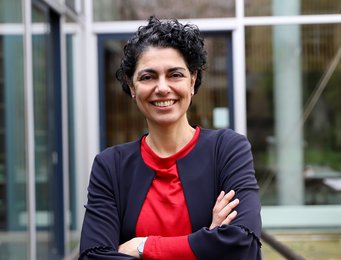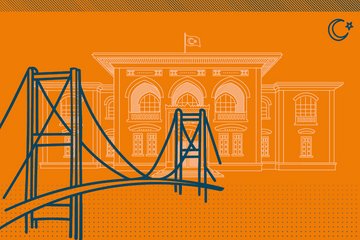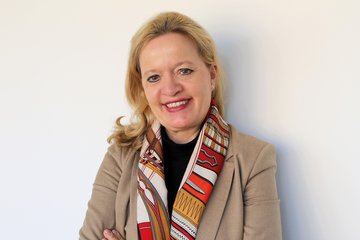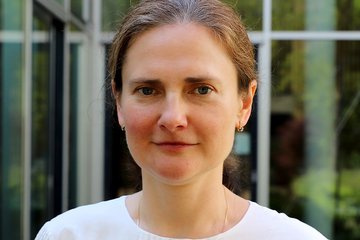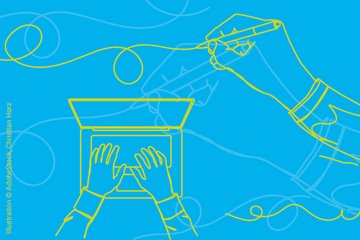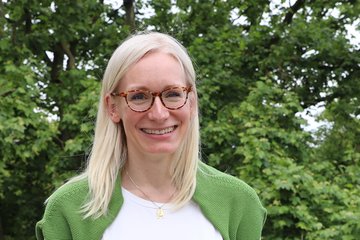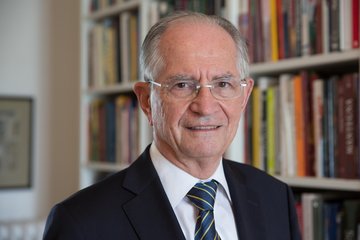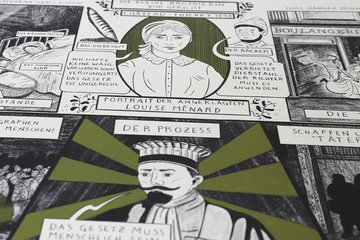A Professional Scholar’s Call to Science
Private Law Gazette 1/2022 - Her field of study, comparative family law, is about the origins of and basic assumptions behind gender roles, concepts of family and parenthood, and the legal forms they take. What motivated Nadjma Yassari, upon whom the University of Hamburg recently bestowed the title of Professor, to embark on this career path? Ms Yassari discusses some of the highlights to date of her career in research and, as the Institute’s veteran chief equal opportunity officer, shares her perspective on the challenges and opportunities of being a woman in science.
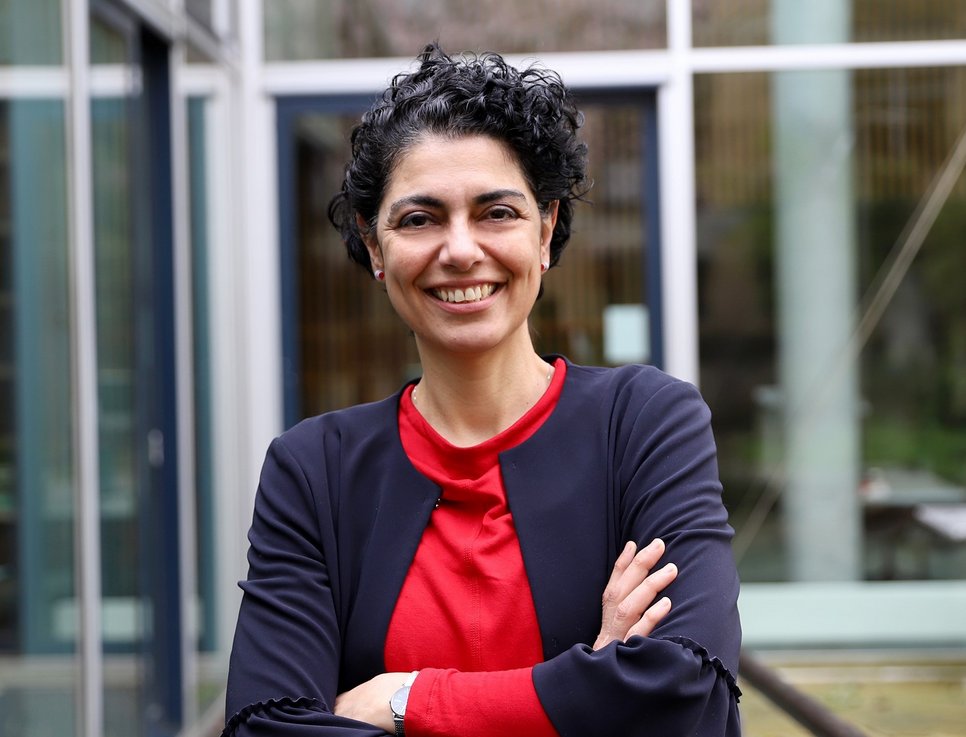
Originally, her occupational planning did not include research and scholarship. “After graduation I wanted to become a patent attorney”, says Yassari. “But my language skills gave me a window onto other legal systems at a time when it was favourable for me to start doing international research. I had just finished my doctorate when a job was announced for a researcher on Islamic law at the Max Planck Institute for Comparative and International Private Law. I seized the opportunity and have never regretted it.” Besides German and English, she speaks French and Farsi and eventually learned Arabic. Her research focusses on private national and international law in Muslim jurisdictions, particularly those of the Near and Middle East as well as Iran and Afghanistan.
“The founding of the research group on Islamic family and succession law at the MPI was an important milestone for me. It gave me the opportunity to work long-term along with other scholars on topics I was interested in.” She says one of the highlights of her career so far came in 2015, when she was called to address the European Parliament on adoption matters and then to work on a case involving adoption in Algeria. Also, every release of a hard-wrought publication that disseminates basic research on an interdisciplinary topic is attended by a moment of jubilation.
Plenty of challenges await young people who pursue a research profession. In a subject like law, which is tightly regimented and continues to be dominated by men, women still face the peculiar challenges of uncertain career pathways and the heavy lifting it takes to earn advanced qualifications, all of which coincides with the biological window for starting a family. “Precisely therein lies an opportunity for women, whom these experiences teach to work more effectively and with a sharper focus”, according to Yassari. “The more women stay in science, the more they can turn soft skills like time management, communicative ability, and leadership qualities to their advantage”.
Prof. Dr Nadjma Yassari, LL.M. (London) leads the research group on Islamic law at the Institute. She was awarded the title of Professor by the University of Hamburg on 30 November 2021. After studying law at the University of Vienna, Paris Descartes University, and the University of Innsbruck, Yassari earned a master’s degree from the School of Oriental and African Studies University of London. She completed her doctoral studies at the University of Innsbruck in 1999 with a dissertation on freedom of contract in Western and Islamic legal cultures. In 2000, she began working as a researcher on the law of Muslim jurisdictions at the Institute. Since 2009, she has led the research group Changes in God’s Law – An Inner-Islamic Comparison of Family and Succession Laws. In 2016, she habilitated through the University of Hamburg with a comparative legal monograph on Islamic laws that pertain to managing family assets. She currently teaches Islamic law and private international law at the University of Hamburg.
Photo: © Max Planck Institute for Comparative and International Private Law / Johanna Detering
